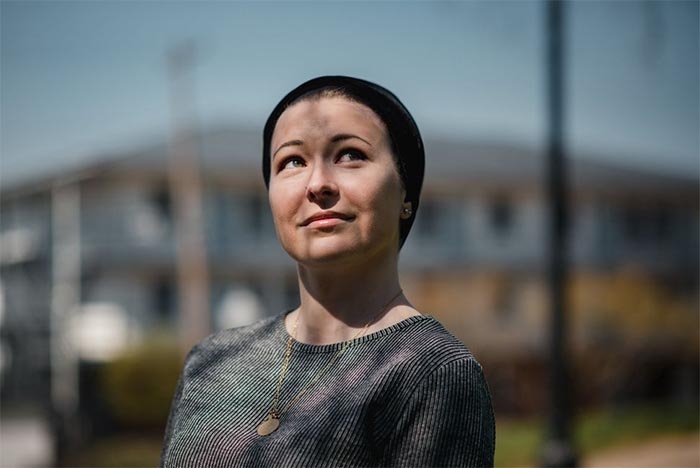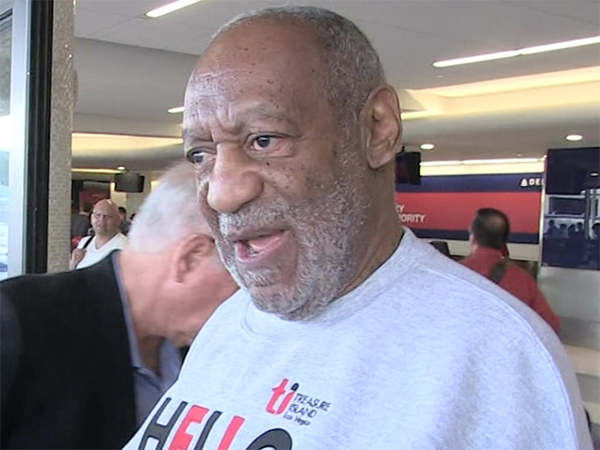
Last year, 26-year-old Layla Comstock broke fast with her friends almost every night during Ramadan. A recent convert who joined the Islamic faith a few years ago, being surrounded by her Muslim friends meant she always had someone to break fast or walk to prayer services with.
The plan was to do the same this year. Then the coronavirus pandemic happened, throwing Comstock and millions of other Muslims’ plans for the holy month into flux.
Comstock is a student at Bloomsburg University of Pennsylvania in her last semester and the president of her Muslim Student Association. She and her friends are forfeiting their in-person plans this year, given the statewide shelter-in-place order and the need to socially distance to stay safe. This Ramadan, she’ll be breaking her fast alone.
“The situation is super isolating,” said Comstock, who lives alone.
In order to mitigate the spread of the coronavirus outbreak, mosques across the country have closed their doors, putting a pause on communal Friday prayers and other activities in which Muslims might worship together. Families can no longer host large iftars (dinner parties to break fast), and evening prayers that often last into the night are suspended.
These closures are particularly painful during Ramadan, the holy month that begins later this week. For one month, Muslims fast from dawn to dusk every day and increase their daily prayers in order to achieve self-discipline and piety. Ramadan is also a popular time for worshippers to gather and eat together when they are not fasting, meet for evening prayers and perform acts of charity and other social services in large numbers.
For the full story, visit HuffPost.com/News.





